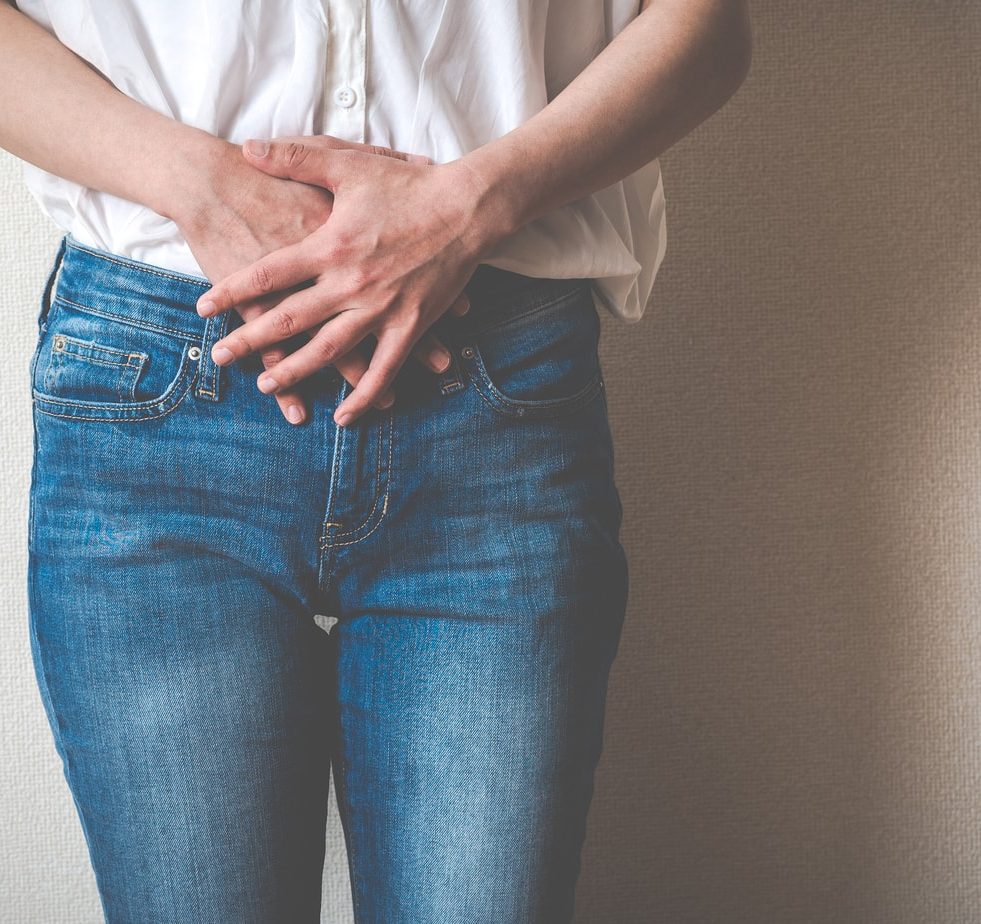Coming Off The Pill & PCOS
In my mid-twenties, my body started changing quite dramatically. After I came off the pill, I began experiencing mild symptoms like fatigue and weight gain as well as heavy and painful periods. Left untreated, these symptoms worsened. I blamed everything, except my reproductive system, for the chronic pain and the exhaustion I felt. I would burn out quickly, making working in my senior role more and more unbearable. Then, after a miscarriage, a depression diagnosis and an inevitable job loss I found myself completely flattened.
What they don’t tell you about chronic pain is that it is exhausting. Eventually, my resilience eroded into sheer despair. My mental and physical reserves were empty to breaking point.
PCOS & My Sex Life
My sex life, as you can imagine, took a massive hit. Sexy didn’t suit me as I lay half comatose on the couch licking my wounds. The last thing I wanted to do while discombobulated was get intimate. It was not only the last thing on my mind, but the idea repulsed me. I was convinced that there was something wrong with me. Why should I feel so plagued by tiredness and for the love of God, why did my feet feel on fire every morning?
Exasperated, I forced myself to attend a GP appointment. Existing had become unmanageable.
Getting A Diagnosis
After a referral to gynaecology and two specialists later, I was eventually diagnosed with complex PCOS and, slowly, things started falling into place. Armed with the knowledge of why these things were happening, I felt empowered to do something about it. Sex shelved, I took things slowly.
Although my symptoms now had a root cause that I could name, it didn’t stop them from rudely interrupting my sexual activity. My sex life still suffered and I couldn’t for the life of me understand why. It affected my solo play, too. For a long time, my toys and hands lay limp beside me, as if they were shrugging and saying; “mate, we don’t know either.”
As someone whose love language heavily relies on touch and affection, this drought between myself and my partner understandably had a huge impact on my self-esteem and self-worth. You’d think being locked away for almost a year, furloughed, would have inspired a shag-fest, but quite honestly, we found ourselves too fraught.
While both of us grappled with the pandemic, the miscarriage and this new diagnosis, our affection for each other had to become something else. We learnt that the affection we were missing in our sex lives could be replaced with less invasive acts of love. We built from the ground up, tenderly and slowly. Relearning and listening to each other.
Managing The Symptoms Of PCOS
Although the sexual part of our relationship was mending it became quickly apparent that if I was ever to find my pleasure again, I would have to find a way to manage my symptoms. Nobody wants to fuck, make love or masturbate when their joints are aflame and abdomen is swollen to twice its normal size. Or at least, I certainly didn’t.
Working with a nutritionist, hammering my GP for referrals and answers as well as having real words with myself about lifestyle changes (farewell, bread) helped to shift things. Even though things are on the mend now, it’s been a twelve-month process getting here.
In that twelve-month period, I learned just how much stress affected my body. I created space for rest, acts of self-affection and affirmation. I spent a long time relearning my body, eating foods that nourished me, moving with intent and purpose and now, for the first time in almost two years I’m completely pain-free.
Being pain-free has lifted the barrier for me to experience the full delights of pleasure. I’m excited, not just by sex, but by the idea of sex, of pleasing myself and my partner. I know that I wouldn’t have been able to do this without taking the time to heal.
There is no one size fits all approach to treating PCOS
What’s worked for me, might not work for you. Symptoms vary from person to person as does the severity. Though it is common, there is no common denominator for why or how it develops. I’m saying this because it’s important not to blame yourself. The most humbling part of this journey was realising that even though this was happening to me, it wasn’t my fault. There’s power here because I was able to examine why I felt blame and forgive myself for it.
If anything, learning about PCOS meant that I had to look at a lot of uncomfortable parts of my behaviour towards my body and mend them. From food to the language I use about myself, I’m more conscious than ever of the impact things have on my stress levels and self-esteem. My relationship with sex has changed, too. Now I look to sex as a way to express love and receive it, rather than a form of validation. My pleasure is more meaningful now, too.
I’m under no illusion that there will only be good days, but while the good times roll I’m making the most of it. I know what to do when the bad days come, as they inevitably will.
We talk a lot about needing to be kind to others, but the reality is, the only way I could confront my libido, low self-esteem and burnout was first to be kind to myself. If you, or someone you know, is going through something similar, remind them of this. It could save their sex life.
NHS advice on PCOS can be found here. If you think you might be experiencing symptoms of PCOS, seek medical advice from your GP or family planning clinic.
Katie Baskerville (she/her) writes about sex, culture and feminism through an LGBTQIA lense and has been featured in the likes of Stylist Magazine, Refinery29 and The Metro.

